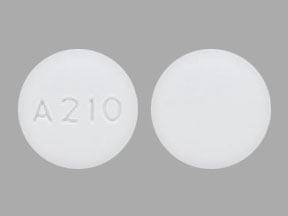
Albenza Coupons & Savings Card – Discount Prices from $23.91
Brand for: Albendazole
My prescription
Edit
200MG, Albendazole (4 Tablets)
Select pharmacy

CVS
$23.91
COUPON PRICE
Walgreens
$31.24
COUPON PRICE
Albertsons
$35.20
COUPON PRICE
Walmart
$46.11
COUPON PRICEAlbenza savings card
Show this card to your pharmacist
CVS
$23.91
BIN
ID
PCN
GRP
019876
LH29D987AF
CHIPPO
LHX
Powered by
Related anthelminthics prescriptions
More prescriptions for parasitic infection
Related anthelminthics prescriptions
More prescriptions for parasitic infection
Albenza (Albendazole) dosage forms
Dosage Quantity Price from Per unit 200MG 4 Tablets $23.91 $5.98 200MG 2 Tablets $20.12 $10.06
| Dosage | Quantity | Price from | Per unit |
|---|---|---|---|
| 200MG | 4 Tablets | $23.91 | $5.98 |
| 200MG | 2 Tablets | $20.12 | $10.06 |
What is Albenza used for?
Albenza, also known as albendazole, is used to treat infections caused by certain parasites. It is commonly prescribed for conditions such as neurocysticercosis, which is caused by pork tapeworms, and hydatid disease, which is caused by dog tapeworms.
What foods should you avoid when taking albendazole?
When taking albendazole, it is generally recommended to avoid consuming grapefruit or grapefruit juice. Grapefruit can interfere with the metabolism of the medication, potentially affecting its efficacy. It is also advisable to follow any specific dietary instructions provided by a healthcare provider.
What does Albenza do?
Albenza, also known as albendazole, is a medication used to treat certain parasitic infections. It works by inhibiting the growth and reproduction of parasites, helping to eliminate them from the body. It is commonly prescribed for conditions such as neurocysticercosis and hydatid disease.
Will I see worms in my stool after taking albendazole?
It is possible to see worms in the stool after taking albendazole, as the medication works by killing the worms, which are then expelled from the body. However, not everyone will see worms, as they may be digested or broken down before being passed. If there are concerns about the treatment's effectiveness, it is advisable to consult a healthcare professional.
